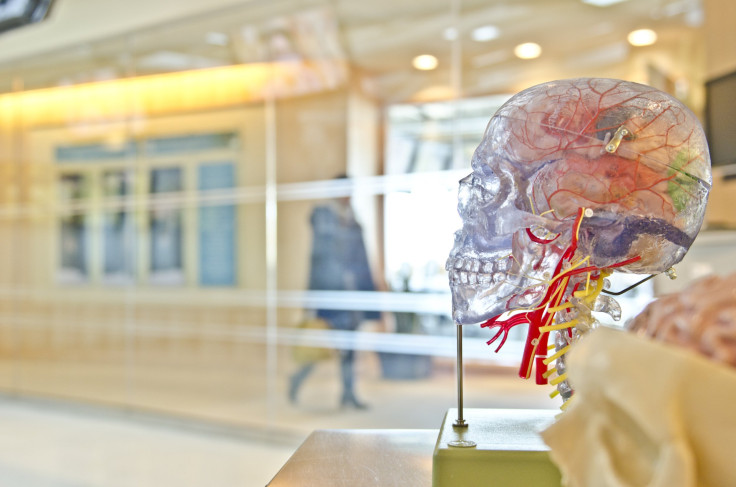Neuron Regeneration: How Your Brain Fixes Itself After Damage

Damage to your brain can have a lasting impact on every facet of life, since the organ controls all bodily functions. A new study suggests that the human brain can fix itself by calling on a very specific class of cells.
Understanding how the brain repairs its injuries requires knowing how it works. Essentially, neurons are brain cells that are constantly shooting off to transfer information within the brain so we can recall a memory or life a fork. These cells are fueled by mitochondria, which provide them with energy. The mitochondria in the brain is constantly restocked through a process called fission where it self replicated.
When the mitochondria in a neuron is damaged, the brain cell loses its ability to function. According to the researchers, damaged neurons turn to specific types of brain cells, astrocytes, when they lose their mitochondria. Astrocytes respond by donating extra mitochondria, allowing the neurons to have a second chance at being functional.
“This is a very interesting and important study because it describes a new mechanism whereby astrocytes may protect neurons,” said Reuven Stein, a neurobiologist unaffiliated with the study, to Science magazine.
Understanding the specifics of this process can help researchers better comprehend how the brain heals itself and come up with innovative ways to help those who suffer from brain injuries.
"The hope is that if we can rigorously understand this mechanism, we may eventually find ways of amplifying this process to protect [the human] brain and help stroke patients recover," said Eng Lo, a professor of neurology and radiology at Harvard Medical School in Massachusetts and senior author on a paper, reports Live Science.
© Copyright IBTimes 2025. All rights reserved.






















